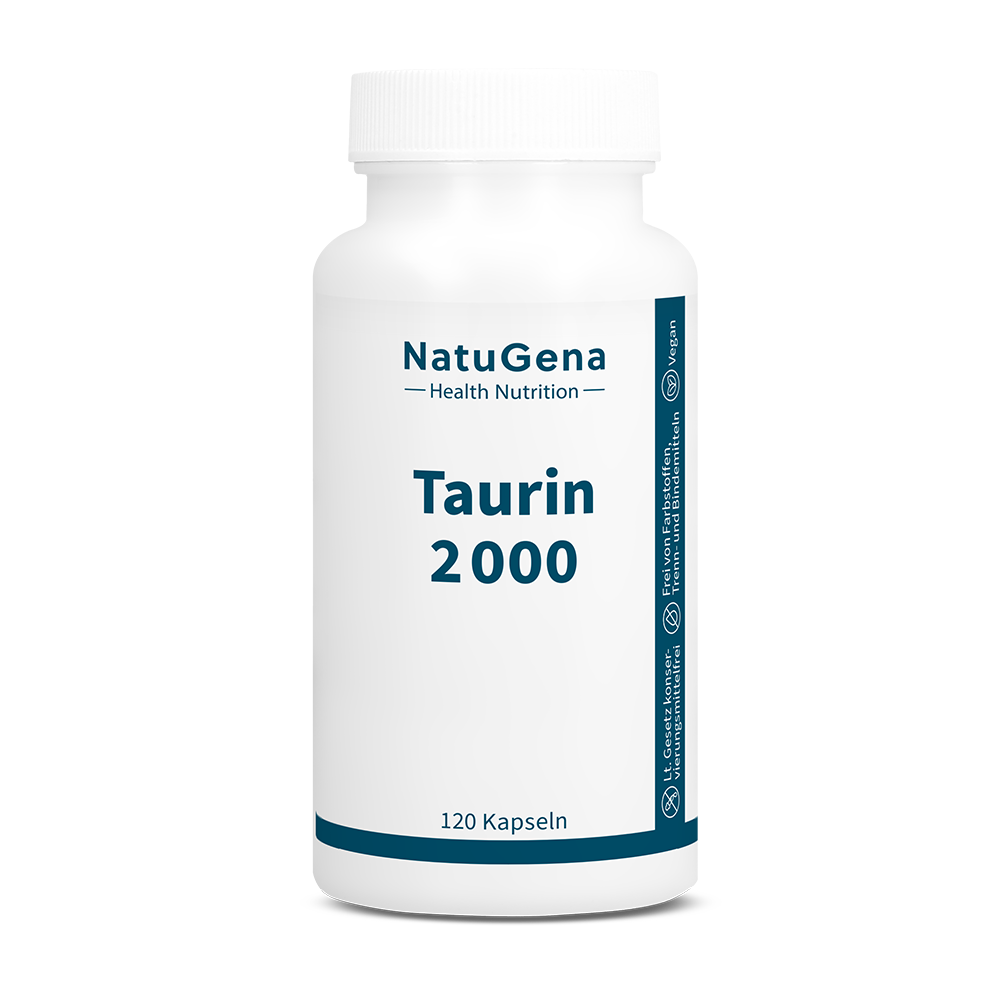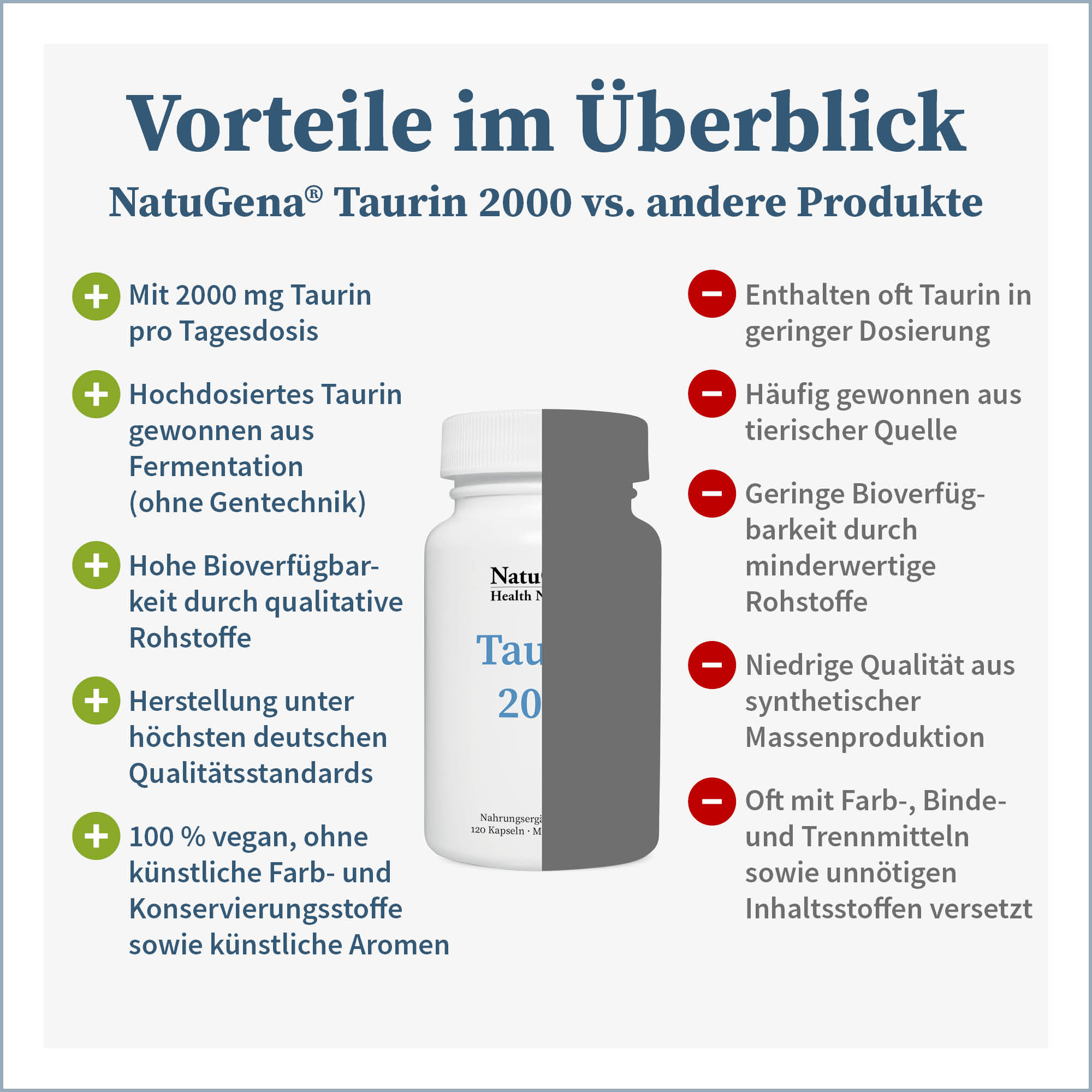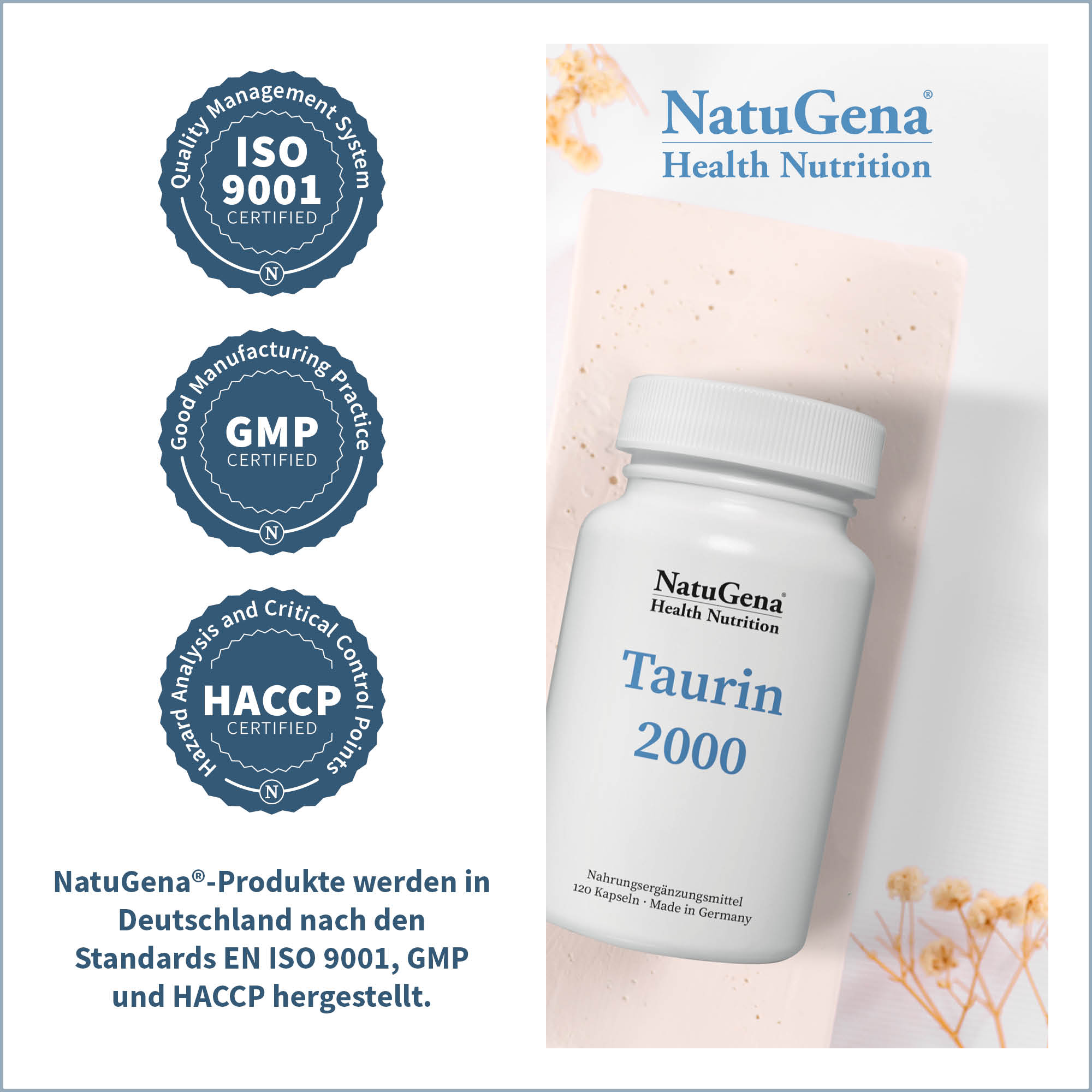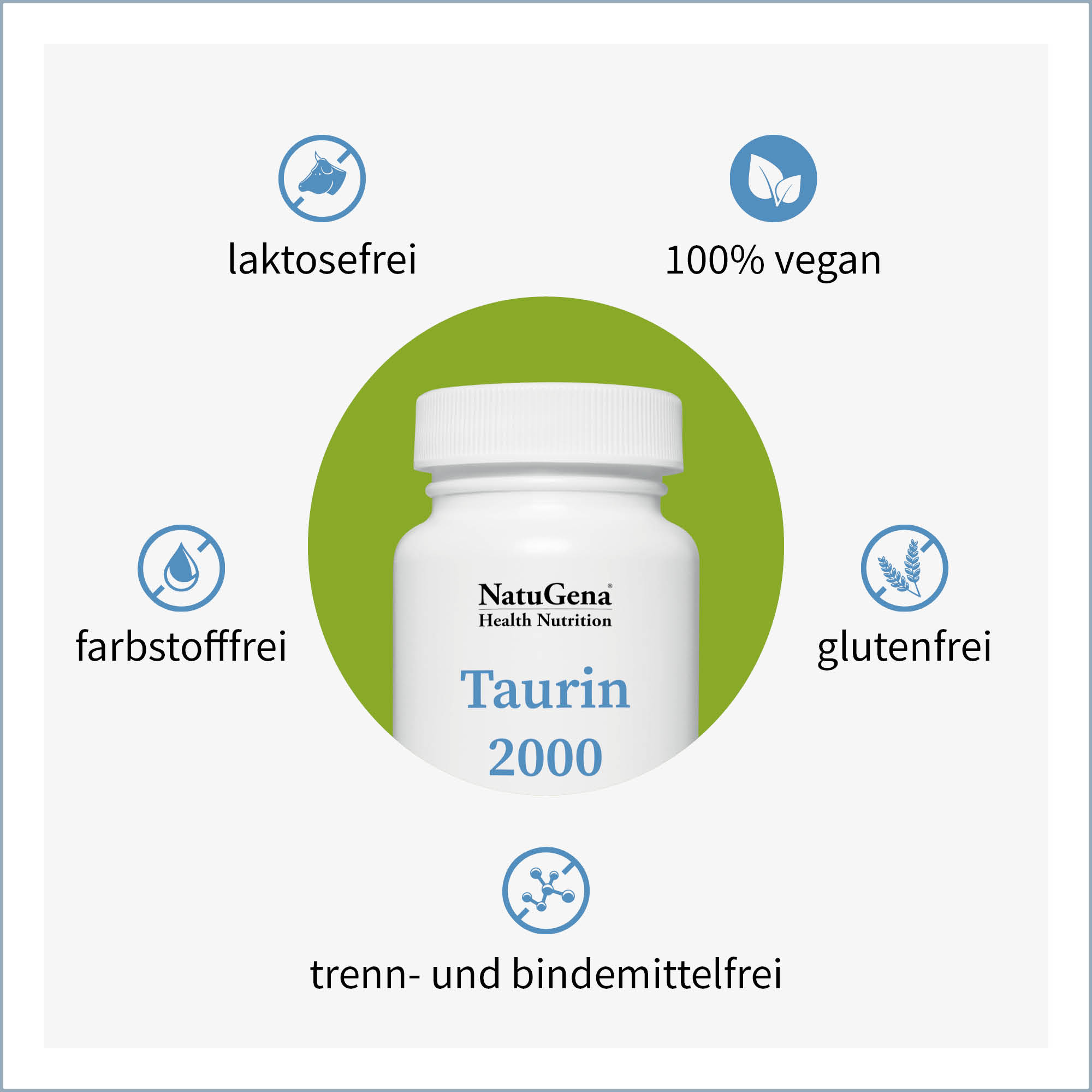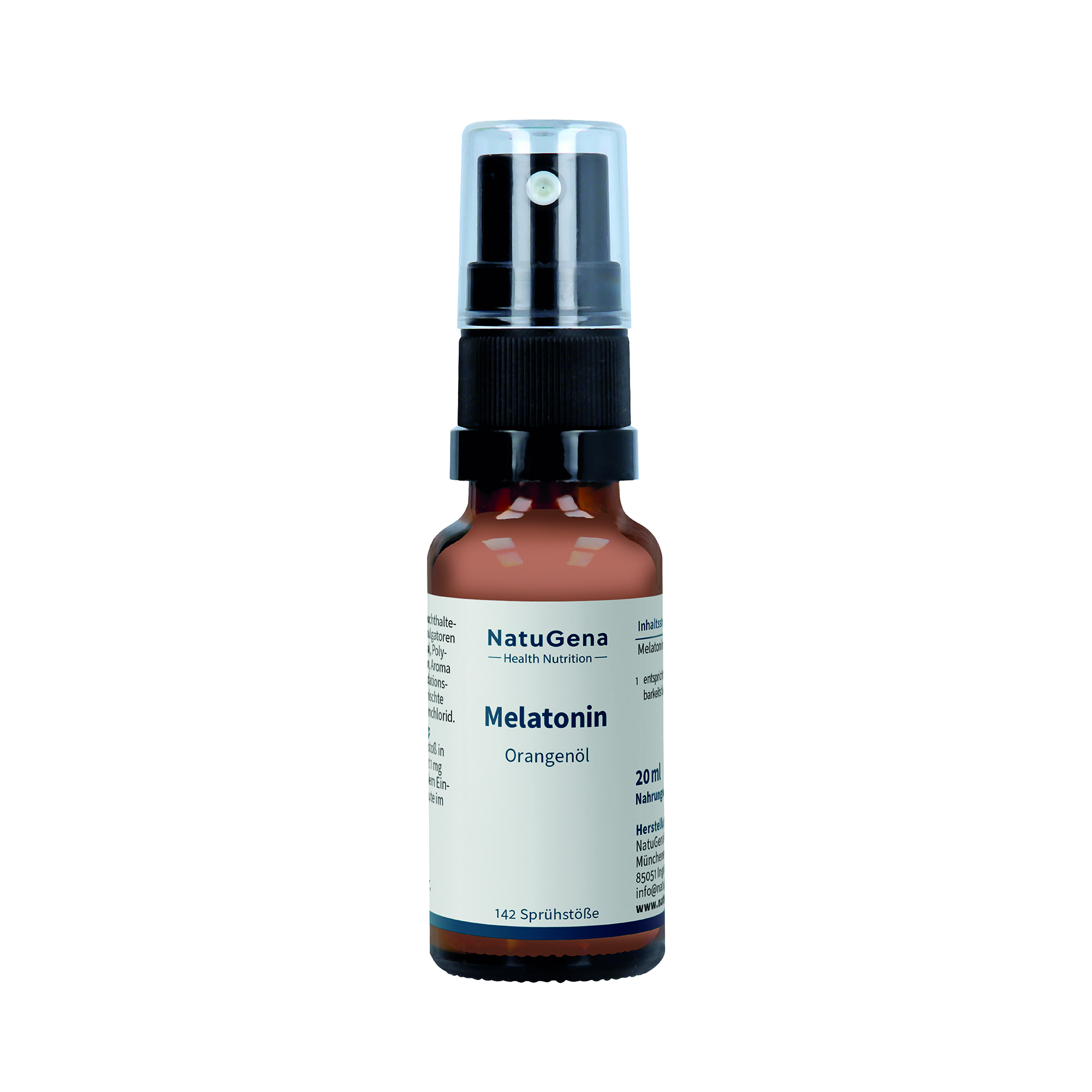Shop
All Products
Applications
Better Aging & Longevity
Gut & Digestion
Mitochondria & Energy Metabolism
Immune system & defenses
Nerves & Brain
Cardiovascular & Metabolism
Exercise & Joints
Sleep and Relaxation
Women & Menopause
Men
Wish for child, Pregnancy & Lactation
Children & Youth Health
Sports & Musculature
Hair, Skin & Nails
Epigenetics
Medication support
Eyes
Certified Sport Products
Ingredients
Algae & Vital Mushrooms
Amino Acids, Proteins & Nucleotides
Antioxidants
Bacteria & Fiber
Enzymes & Coenzymes
Minerals & Trace Elements
Omega-3 fatty acids
Plant & bitter substances
Vitamin A, D, E & K
Vitamin B & C
Brands
NatuGena Health Nutrition
NatuGena Med Nutrition
NatuGena Femme Nutrition
NatuGena Homme Nutrition
NatuGena Care
yourEPI®
neurofelixir®
Cerascreen
Omegametrix
Preventis
Tigogreen
VITALITY
wowtamins
AniGena
Offers
New products
Vegan
Vorteilssets
Drogerie & Labor
NatuGena Cosmetics
Books & Equipement
Test kits
Werbematerial
Test set
Gift cards
Tiergesundheit

